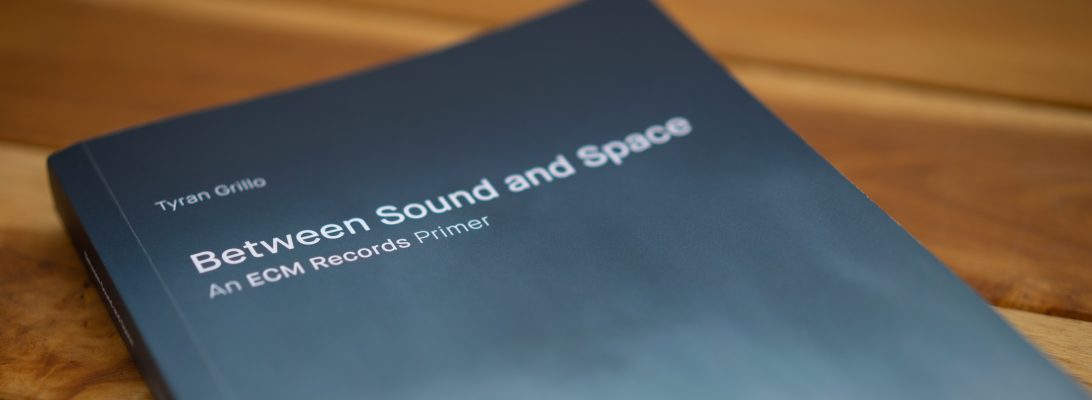György Kurtág
Játékok
Márta Kurtág piano
György Kurtág piano
Recorded July 1996, Mozart-Saal, Konzerthaus, Vienna
Engineer: Stephan Schellmann
Produced by Manfred Eicher
According to the classic formulation of Swiss psychologist Jean Piaget, play is a vital component of our preverbal development. As the child moves from away from mere imitation to more substantial activities in which representation plays a key role, s/he begins to develop a clearer sense of subjectivity, itself a game insofar as it requires a performance bound to both written and unwritten social guidelines. For Piaget, games can be classified as “practice” (pedagogical), “symbolic” (representational), or “games with rules.” What is most important about a game in the latter sense is that everyone involved agrees upon its parameters. This the whimsical challenge of György Kurtág’s Játékok (Games), which by its very titling and denouement seems to hollow out shelter in all of Piaget’s categories even as it sets a table upon which rules are served to be devoured. And while the task may fall upon its performers to uphold those rules throughout, this music also invites the listener to play along.
Játékok grew out of a snag in Kurtág’s own formative period, during which the seeds of this ever-expanding opus were planted. It consists primarily of miniatures, each bearing a dedication to an important figure in the composer’s life. Most hardly exceed one minute in length. Though begun as a collection of children’s etudes, not unlike Bartók’s seminal Mikrokosmos, the project soon grew into its own entity, and Kurtág found himself unable to staunch the wellspring it had uncovered. Over time it has donned more autobiographical clothing. Four pillars in the form of Kurtág’s own moving Bach transcriptions bolster these selections from eight volumes, ranging from the microscopic to the leviathan, the fleeting to the infallible. Between these are strung more pliable thematic ropes from which swings the blissful abandon that sustains them. These signposts, and especially “Gottes Zeit ist die allerbeste Zeit,” are thrown into fullest relief by the erratic chiseling of the two pianists. As husband and wife, György and Márta Kurtág bring their own lives to bear. Flirtations and arguments are, if you will excuse the pun, fair game here, all of which seek to reenact the stages of a life begun and ended at the piano. Theirs is a romantic performance of anti-romantic music, one that constantly trips over itself in its attempts to smile.
Játékok is an all-around delight. As an exercise in precision and trust in equal measure, it continually adapts to its own shape and self-awareness. As a veritable refinery of ideas, in it we may find plenty of jewels we might swear we’ve seen before. The recording is fresh and alive, the music even more so, and fully severs any roots it might ever have had in the avant-garde. Come to it as you are, and leave it content in knowing what you were.


